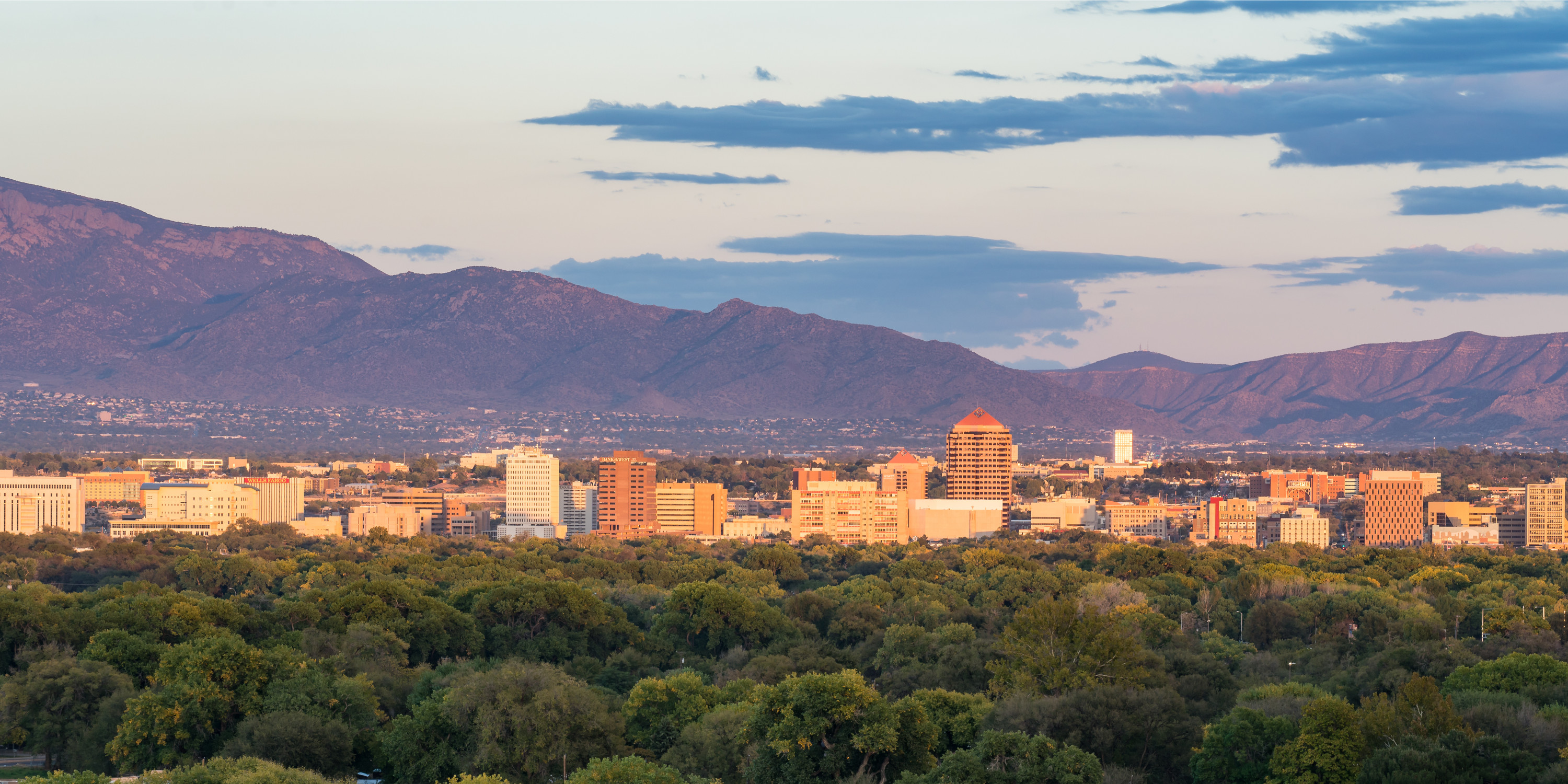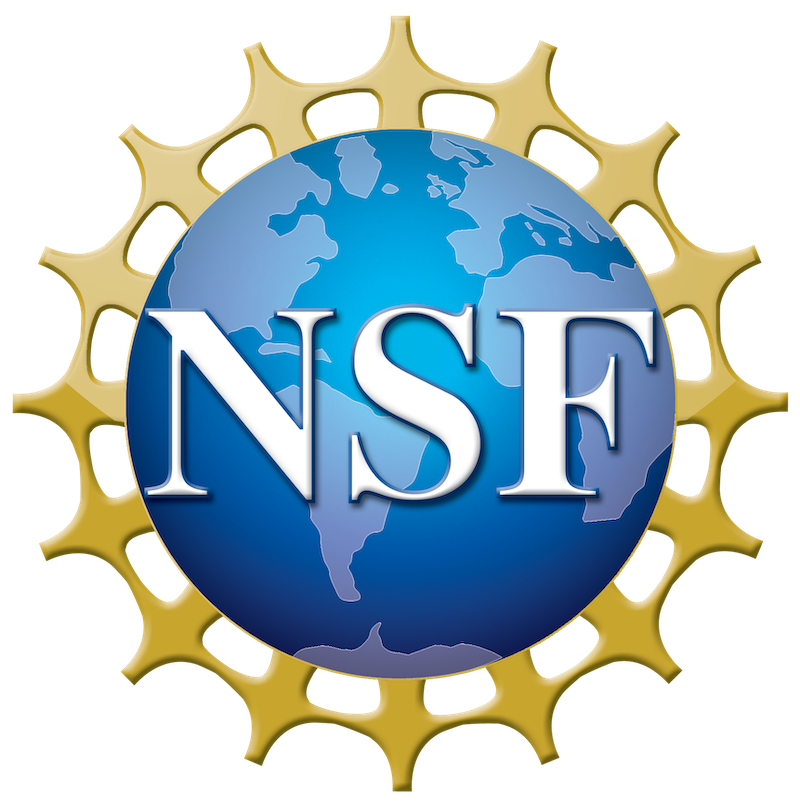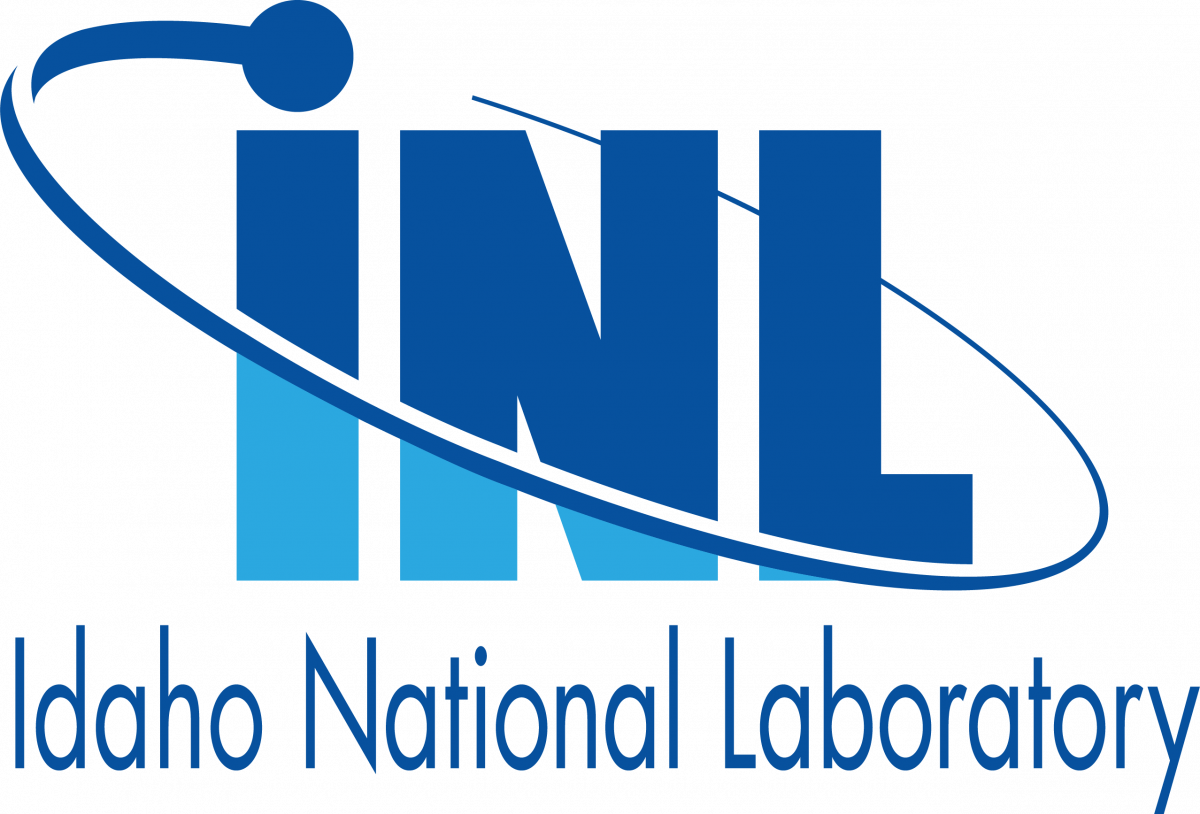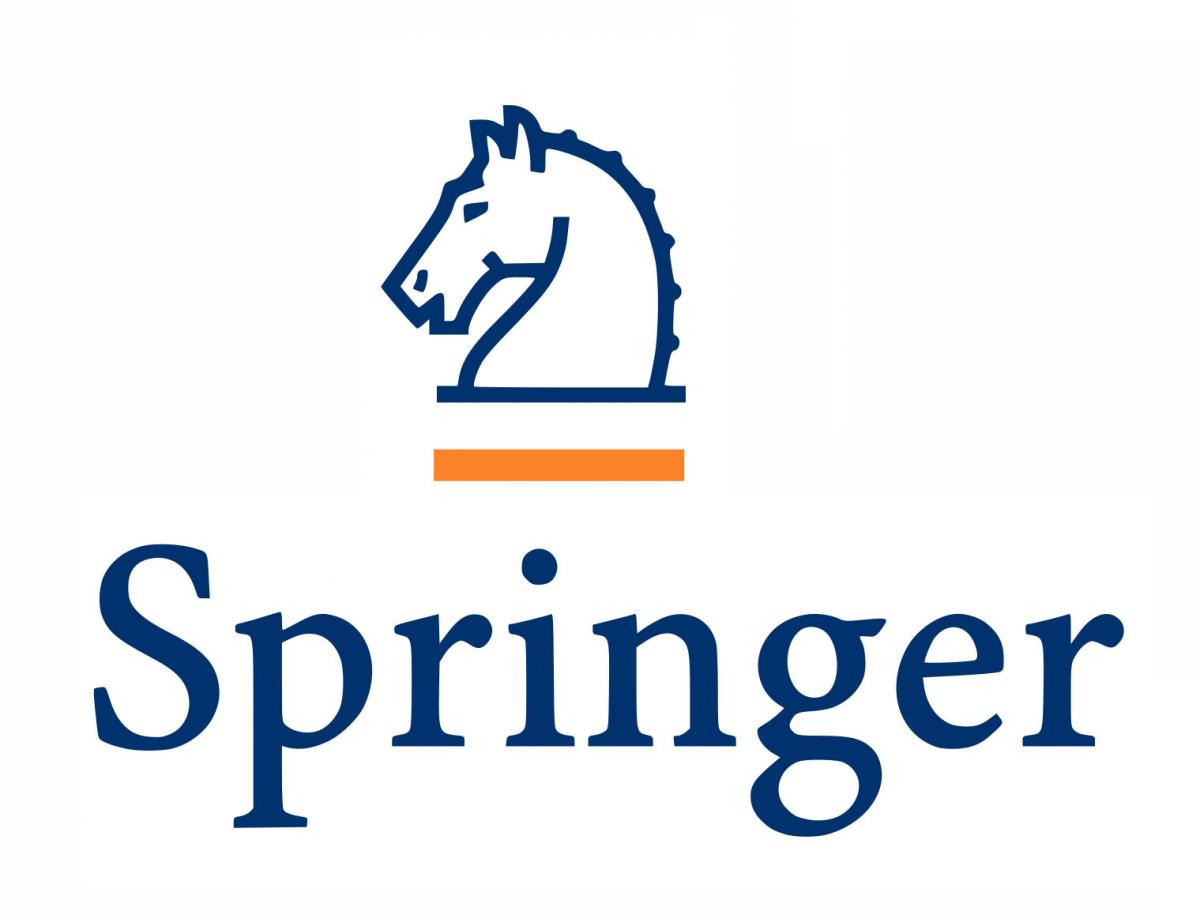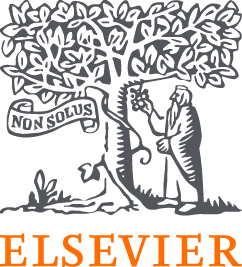Teeratorn Kadeethum, Sandia National Laboratories
Daniel O'Malley, Los Alamos National Laboratory
Youngsoo Choi, Lawrence Livermore National Laboratory
Hongkyu Yoon, Sandia National Laboratories
Maruti Mudunuru, Pacific Northwest National Laboratory
Kalyana Nakshatrala, University of Houston
Thushara Gunda, Sandia National Laboratory
Leila Hernandez Rodriguez, Lawrence Berkeley National Laboratory
Michelle Newcomer, Lawrence Berkeley National Laboratory
Sam Foreman, Argonne National Laboratory
Bulbul Ahmmed, Los Alamos National Laboratory
Satish Karra, Pacific Northwest National Laboratory
Mahantesh Halappanavar, Pacific Northwest National Laboratory
Earth science systems are complex, comprising many interacting parts. Examples include watershed hydrology, geothermal energy, carbon capture and storage, environmental remediation, hydrogen storage, and remote sensing. Conventional computational techniques do not offer efficient, sometimes tractable, solutions to address many practical problems arising in the mentioned areas—because of prohibitive computational cost, inability to capture the underlying physics, or incapacity to incorporate available heterogeneous data. Recent advancements in machine learning techniques and quantum computing have entered the earth sciences domain. These approaches have been adopted and proposed to tackle long-standing challenges in these areas or enhance classical methods used in this field (e.g., data-driven-assisted framework or hybridized approach). This mini-symposium invites presentations on advances in machine learning and/or quantum computing in earth sciences. Topics include, but are not limited to,
- machine learning models for model-reduction, optimization, inverse problems, uncertainty quantification, and efficient dimensionality reduction of nonlinear operators aiming specifically for earth sciences applications and
- quantum computing applications in geoscience research; for instance, seismic inversion with quantum annealing, quantum-computational hydrologic inverse analysis, or quantum optimization.
